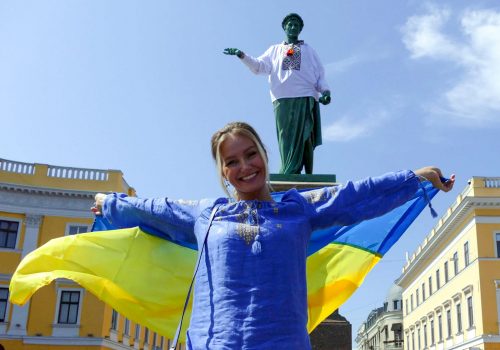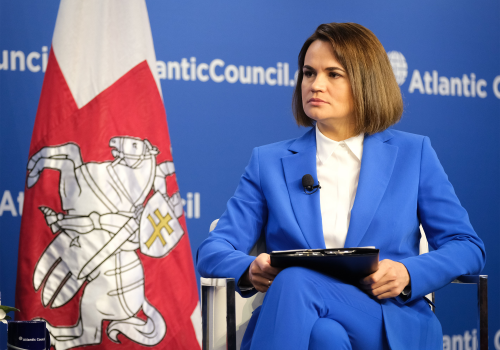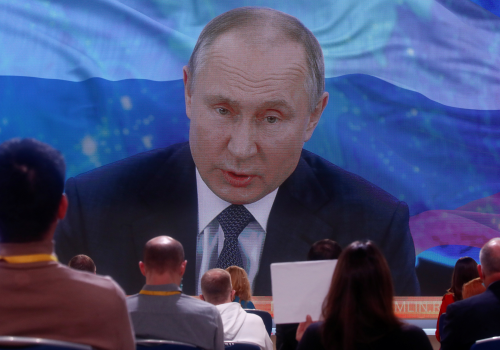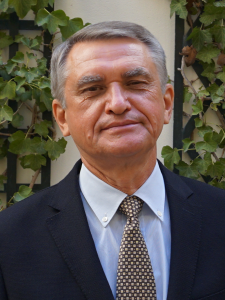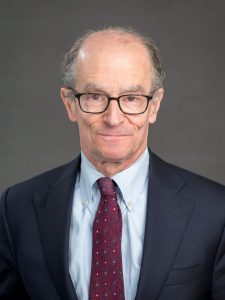Thirty years after the Soviet Union was dissolved with the Belavezha Accords, the post-Soviet landscape has changed dramatically—as have the nations that were present at the dissolution. While Russia has regressed into an authoritarian state under President Vladimir Putin, Ukraine and Belarus are today marked by efforts to break with their Soviet past. Ukraine has spent years working to enact democratic reforms to fundamentally reshape its society, despite an ongoing war waged by Russia to thwart the country’s westward push. In Belarus, a formidable democratic movement has finally emerged to challenge longtime dictator Alyaksandr Lukashenka and break his authoritarian stranglehold on the Belarusian people. Thirty years later, what are the opportunities and challenges that emerged from Belavezha? What does the future of Belarus, Ukraine, and Russia look like as a new generation begins to lead?
Dr. Yelena Biberman-Ocakli and Zach Troyanovsky begin with a discussion about their new limited podcast, “How to kill a superpower,” from the Harvard Davis Center for Russian and Eurasian Studies, which dives into those crucial few days in the Belavezha Forest that ended to Soviet Union. Ambassador John Herbst, senior director of the Atlantic Council’s Eurasia Center, moderates a panel discussion with Vladimir Kara-Murza, Russian opposition politician, Hanna Liubakova, nonresident fellow at the Atlantic Council’s Eurasia Center and Belarusian journalist, and Ambassador Oleh Shamshur, nonresident senior fellow at the Atlantic Council’s Eurasia Center and former ambassador of Ukraine to the United States and France.
Related content
RELATED experts


The Eurasia Center’s mission is to enhance transatlantic cooperation in promoting policies that strengthen stability, democratic values, and prosperity in Eurasia, from Eastern Europe in the West to the Caucasus, Russia, and Central Asia in the East.
